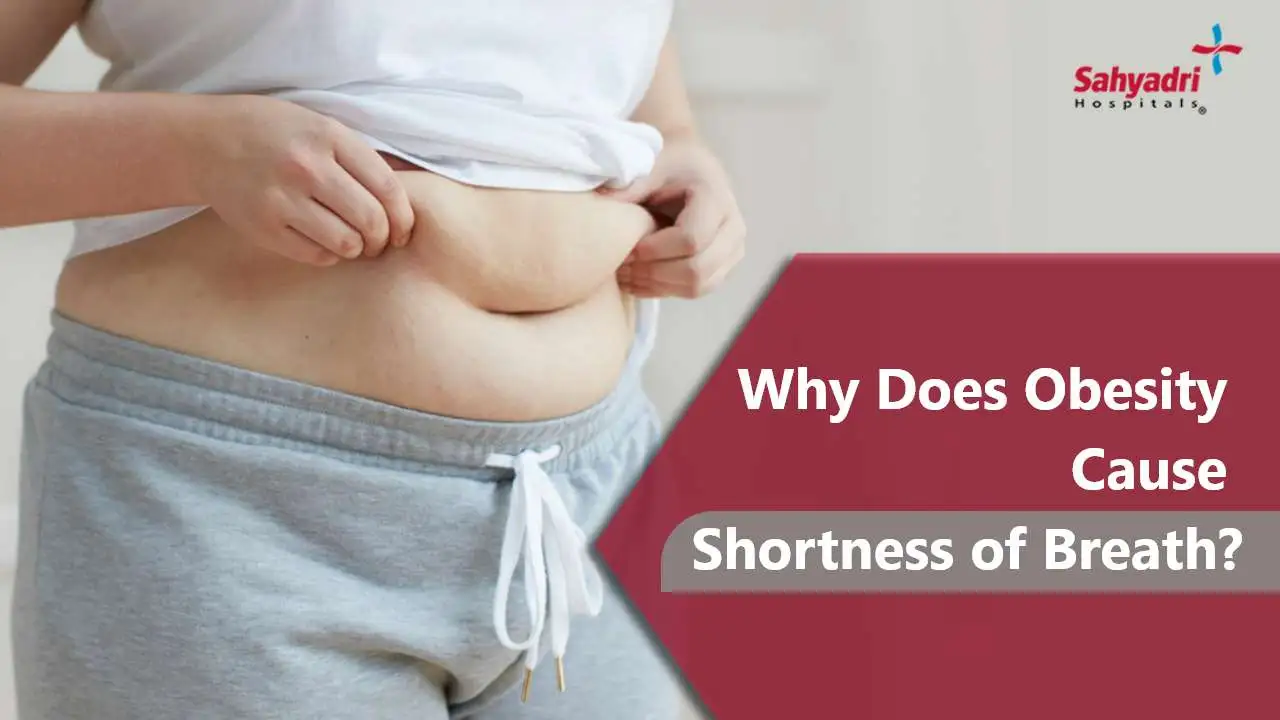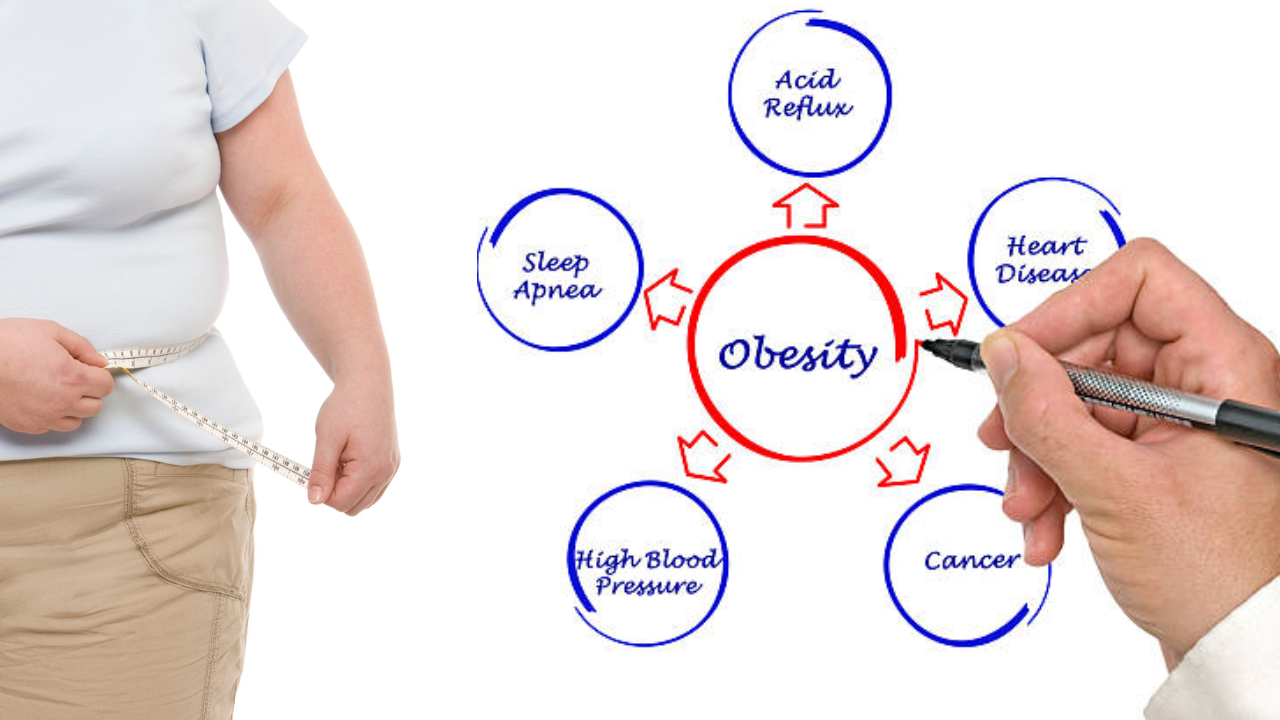Why Does Obesity Cause Shortness Of Breath?
Many people with Obstructive Sleep Apnea also have Obesity Hypoventilation Syndrome; however, it is possible to have only one of these conditions without the other. A previous diagnosis of obstructive sleep apnea greatly increases your likelihood of developing obesity hypoventilation syndrome.

Is shortness of breath normal?
Oxygen is filtered and distributed through the nose and lungs before entering the bloodstream. Then, the heart pumps the blood, delivering oxygen to the body’s muscles. When you’re short of breath, your heart and lungs have to work so hard.
How do I know if I’m overweight?
A BMI between 25.0 and 29.9 is considered overweight, whereas a BMI of 30 or above is considered obese.
Causes
Some of the medical issues that might result in persistent shortness of breath are:
- Asthma
- Lung Disease
- Heart Failure
- Obesity
- Poor Fitness
Acute (lasting less than a week) breathlessness may be brought on by the following:
- Allergies
- Anxiety
- Choking
- Pulmonary Embolism
- Heart Attack
- Infection
- Injury
- Medications
- Extreme Temperatures
How Obesity Causes Shortness of Breath
Extra weight is most obviously seen as a buildup of fat in the chest and belly. The fat content keeps increasing. When you take a deep breath, your lungs may have a harder time expanding to their full capacity. Because of this, the bottom parts of your lungs progressively collapse and become ineffective.
The collapse of the lungs, which may cause shortness of breath due to obesity, may initially only occur at night. The extra weight in your chest makes it harder to take deep breaths when lying down. Some of your lungs may collapse, making it difficult to breathe in and out. Adding on extra fat occurs as weight increase proceeds. Collapsed lung tissue might become permanent over time.
The accumulation of more fat in the chest and abdomen will make it tough for your lungs to expand in an upright position. Inadequate air exchange causes shortness of breath when large lung sections are not used.
Have queries or concern ?
Solutions for easier breathing if you are overweight?
Both respiratory rehabilitation and physical training might help you breathe easier.
Cardio exercises, including walking, riding exercise bikes or cross trainers, and rowing machines, are used by physiotherapists for respiratory rehabilitation. Additionally, they teach breathing exercises and muscle strengthening routines that promote an upright posture.
You should take measures if you suffer from shortness of breath when working out. Before starting any new kind of exercise, it is recommended that you see your doctor for a physical examination and fitness assessment.
How Can You Treat Breathing Issues Caused by Obesity?
Walking: There is no more comprehensive physical exercise than walking. Everything from the skeletal muscles to the internal organs is in motion when you twist and turn your spine. The breathing and heart pumps are operational. Posture and head carriage have both been improved. Additionally, it produces an abdominal massage that encourages defecation.
Breathing Exercises: They help get your bones moving again. Practices like yoga, sophrology, Pilates, and relaxation are great for increasing mobility, especially in the thoracic cage. Also, it’s a must for better breathing.
Conclusion
If you are overweight or obese, decreasing weight might help you breathe easier. Losing 1 to 2 pounds per week is a sensible weight reduction goal that may be achieved by making little changes to diet and increasing physical activity.
If you have breathing problems, you and your doctor should take extra care to select an exercise regimen that is appropriate for your situation.
Patient Feedback
Great doctors, Good facilities, caring and helping staff. I recommend this hospital for day care services.
![]()
![]()
Sangram Shinde
All doctors r very good. There treatments is best. Other staff also good. The service of nurses is great...Hospital is always clean.
![]()
![]()
Vaishali Aitawade
All services provide by hospital are nice and on time. Doctors are polite and co-operative with patient.
![]()
![]()
Ankita Jagtap
All services provided by hospital is good. Hygiene maintained well.Even at night good care provided.
![]()
![]()


